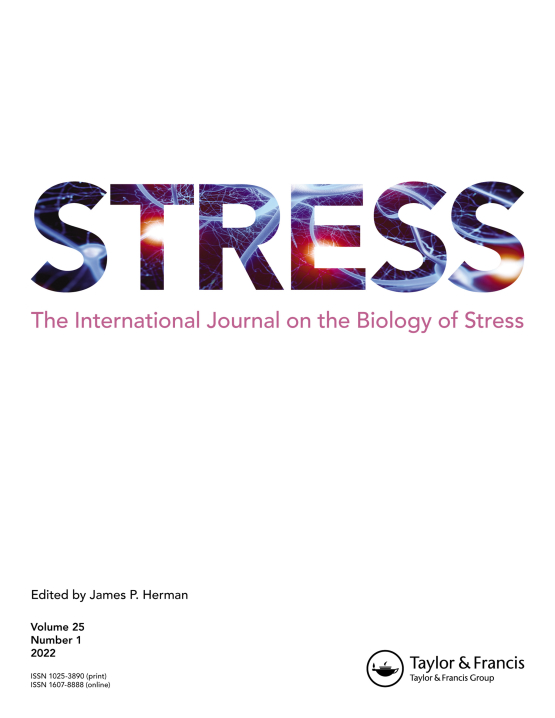Submit a Manuscript to the Journal
Stress
For an Article Collection on
Individual Differences in the Response to Stress: From Animal Models to Humans
Manuscript deadline
30 June 2024


Article collection guest advisor(s)
Laura Grafe,
Bryn Mawr College
[email protected]
Individual Differences in the Response to Stress: From Animal Models to Humans
Individuals exhibit variability in their behavioral and physiological responses to stressors, yet the neurobiological mechanisms behind these differences remain unclear. Though many individuals undergo stressful experiences, only a minority go on to develop stress-related psychiatric disorders, such as Major Depressive Disorder (MDD) and Post-traumatic Stress Disorder (PTSD). Key phenotypes associated with these disorders include cognitive impairments, sleep deficits, or changes in appetite, which negatively affect quality of life. Investigating individual differences in the response to stress could better inform the risk and pathology involved with these stress-related psychiatric disorders.
Previous literature in both animal and human subjects has indicated that many risk factors may contribute to individual differences in response to stress, such as: genetic risk, sex and/or gender, or coping strategy. These risk factors differentially influence how stress leads to phenotypes associated with stress-related psychiatric disorders. However, more work could be done to uncover the neurobiology behind how individual differences contribute to these stress-related phenotypes. Moreover, much of the literature is stratified into different journals for researchers who work with animal models versus those who work with human participants, making it hard for scholars to gain an overarching understanding of how individual differences affect our response to stress.
This collection aims to bring together leading scholars in the stress neurobiology field who highlight individual differences in response to stress in animal and human models. Both original research articles and review articles are welcome. Studies that examine phenotypes relevant to mental health (e.g, cognitive impairments, sleep deficits, changes in appetite, and more) are strongly encouraged.
Disclosure Statement: The Guest Advisor have no conflicts of interest to disclose regarding this work.
Benefits of publishing open access within Taylor & Francis
Global marketing and publicity, ensuring your research reaches the people you want it to.
Article Collections bring together the latest research on hot topics from influential researchers across the globe.
Rigorous peer review for every open access article.
Rapid online publication allowing you to share your work quickly.
Looking to Publish your Research?
Find out how to publish your research open access with Taylor & Francis Group.
Choose open accessSubmission Instructions
All manuscripts submitted to this Article Collection will undergo desk assessment and peer-review as part of our standard editorial process. Guest Advisors for this collection will not be involved in peer-reviewing manuscripts unless they are an existing member of the Editorial Board. Please review the journal Aims and Scope and author submission instructions prior to submitting a manuscript.